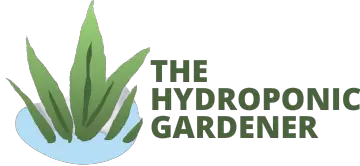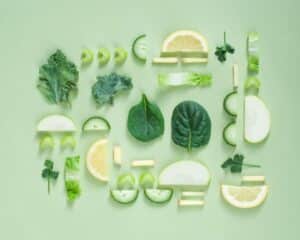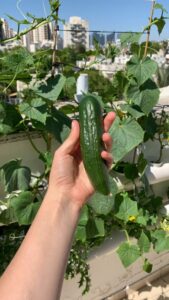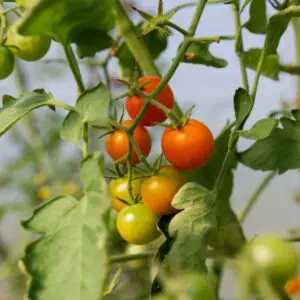A question I am asked a lot is about the safety of eating hydroponically grown food. This might come as a question about a specific plant: “is it safe to eat hydroponic lettuce?”, “are hydroponic strawberries safe to eat?”. But many times it comes as plain as “is hydroponic food safe to eat?”
So – are hydroponically grown foods safe to eat? This is a question that many people are asking these days. The answer is yes – hydroponically grown foods are safe to eat. In fact, they may be even safer than conventionally grown foods. Let’s take a closer look at why this is the case.
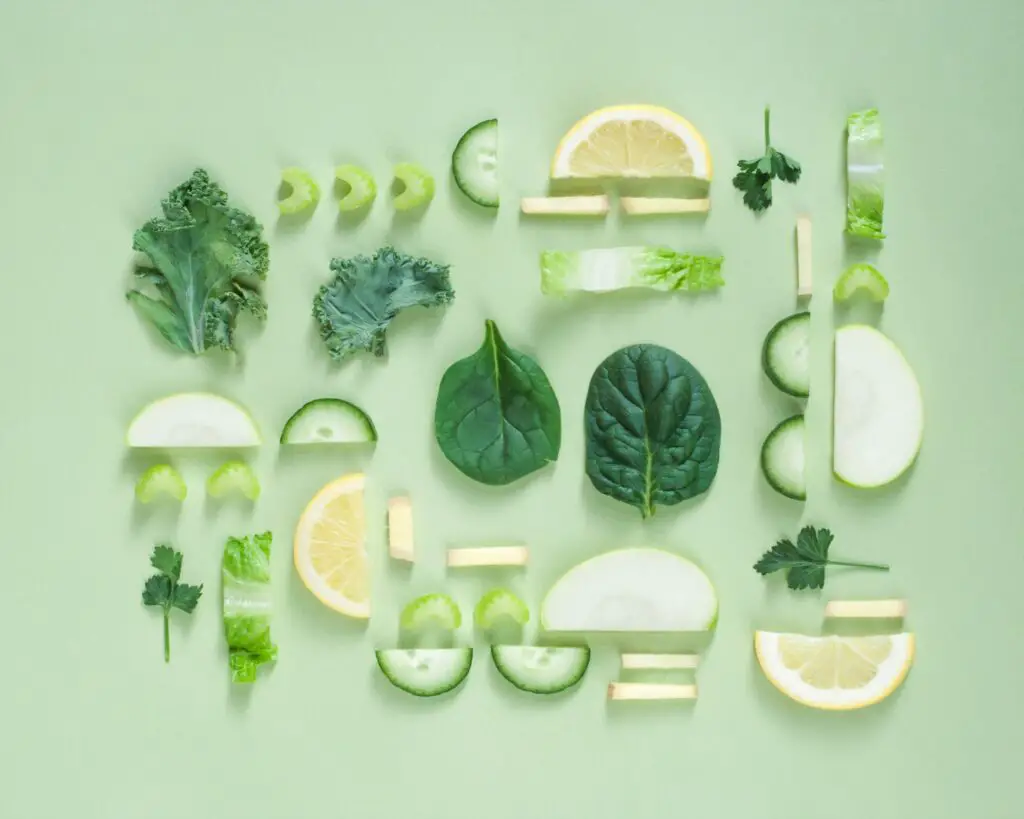
What is hydroponic growing?
There are many types of foods that can be grown hydroponically, including fruits, vegetables, herbs, and even some types of grains. Some common examples include strawberries, lettuce, tomatoes, cucumbers, peppers, and basil.
Hydroponic Systems
At the outset, it is essential to understand what hydroponics is. Hydroponics is a method of growing plants without soil, in special hydroponics systems. using mineral nutrient solutions in a water solvent instead. This is done either through an artificial medium, such as perlite or Rockwool or by suspending the plant’s roots directly in the nutrient solution.
Hydroponic systems are a healthy environment growing method for growing food.
Hydroponics growers
Hydroponic growers can be farmers, growing their produce in hydroponic farms. They can be people like you and me, growing hydroponic produce at home.
Sustainability
One major benefit of hydroponic growing is that it is far more sustainable than conventional farming methods. This is because hydroponics is a closed-loop system, where all the nutrients needed by plants are carefully controlled and monitored through the use of fertilizers and other inputs. In contrast, conventional farming is often highly reliant on chemical inputs and is very wasteful in terms of the resources used.
Why is hydroponic food safe to eat?
The main reason people ask if hydroponic food is safe to eat is that they want to be sure that they are getting the most nutritious, healthy produce possible.
Nutritional content
Many people don’t know how hydroponics work and how their plants get nutrients. So you should know that hydroponic plants have higher nutritional value than most soil grown food. In some cases, due to hydroponic water, it has higher values than organic food. (If you want to read more about organic food, I have an article answering the question if hydroponically grown vegetables can be considered organic)
It has plenty of nutrients
Hydroponically grown plants are also typically more nutritious than conventionally grown plants. This is because hydroponic growing allows for a higher concentration of nutrients to be available to plants, without any risk of nutrient toxicity or harmful chemical residues.
Free of harmful Pesticides
In addition, hydroponic plants are typically free of any harmful chemical pesticides or herbicides. They rely only on natural fertilizers and nutrients, free from any harmful chemicals. This makes them a safer and more sustainable choice for you and your family.
Hydroponic nutrient solution
There are a wide variety of nutrients in vegetables, including vitamins, minerals, and antioxidants. In soil-grown produce, these nutrients come from the soil and water that is absorbed by the plants’ roots. In order for plants to get these nutrients, they must have healthy soil and be exposed to adequate amounts of light and water.
In hydroponic gardening, instead of soil nutrients, you add the nutrients required to the water itself, maintaining the right nutrient levels in the water.
Some key nutrients that are essential for healthy plant growth include nitrogen, phosphorous, and potassium. These nutrients help to build proteins, enzymes, and other important molecules within the plant. Additionally, plants need micronutrients like zinc, iron, magnesium, and copper in order to thrive.
Overall, it is essential for plants to have a well-balanced diet of nutrients in order to grow strong and healthy.
Plants grown in hydroponic farming techniques are nutrient-rich. By opting for produce that has been grown in a controlled environment with optimal levels of light, water, and nutrients, you can be sure that you are getting the most nutritious and beneficial veggies for your health.
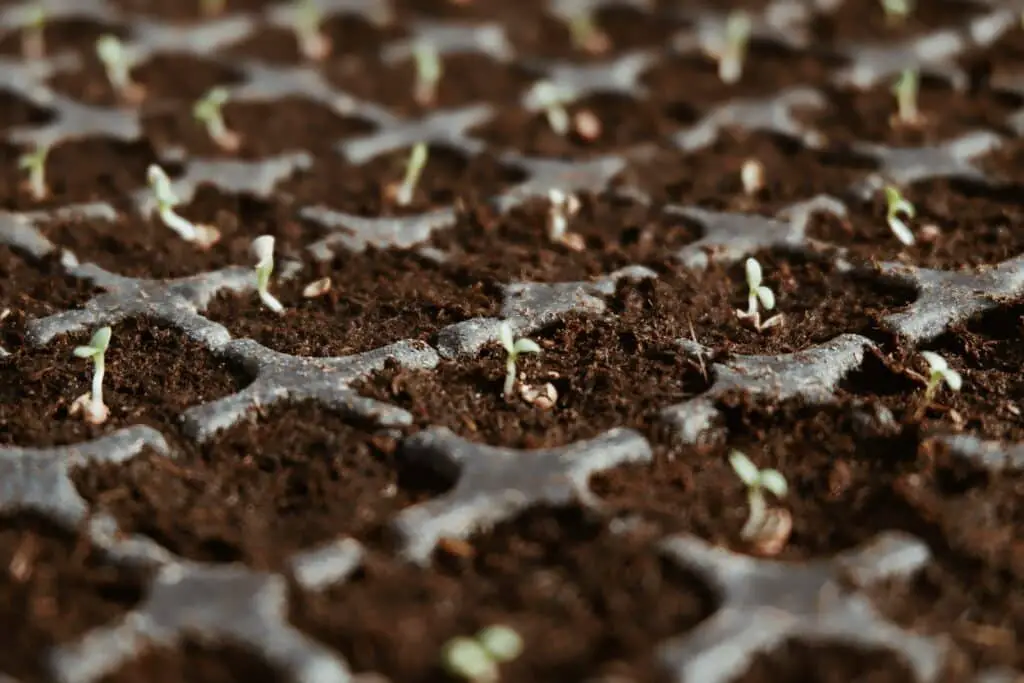
Differences in Flavor
Are there differences in flavors between hydroponic fruits and vegetables and soil grown fruits and vegetables?
While there is some debate on this issue, many people believe that hydroponically grown fruits and vegetables may have a slightly different flavor than traditionally grown produce (soil grown plants).
This is because the plants are typically grown in highly controlled environments, without exposure to many of the factors – including insects, animals, and weather – that can influence flavor.
However, different varieties and growing techniques can also impact the flavor of hydroponically grown produce, so it is important to do your research before making any conclusions.
What do hydroponic plants taste like?
Well, they taste as they should. If you are worried that hydroponically grown food is flavorless, you shouldn’t worry about it. Hydroponic food regardless of the plant type. Hydroponic strawberries are sweet, Hydroponic vegetables are full of taste, and hydroponically grown lettuce is crunchy, bitter, and fresh.
I once had a skeptical friend over for a blind taste test. She couldn’t tell the difference.
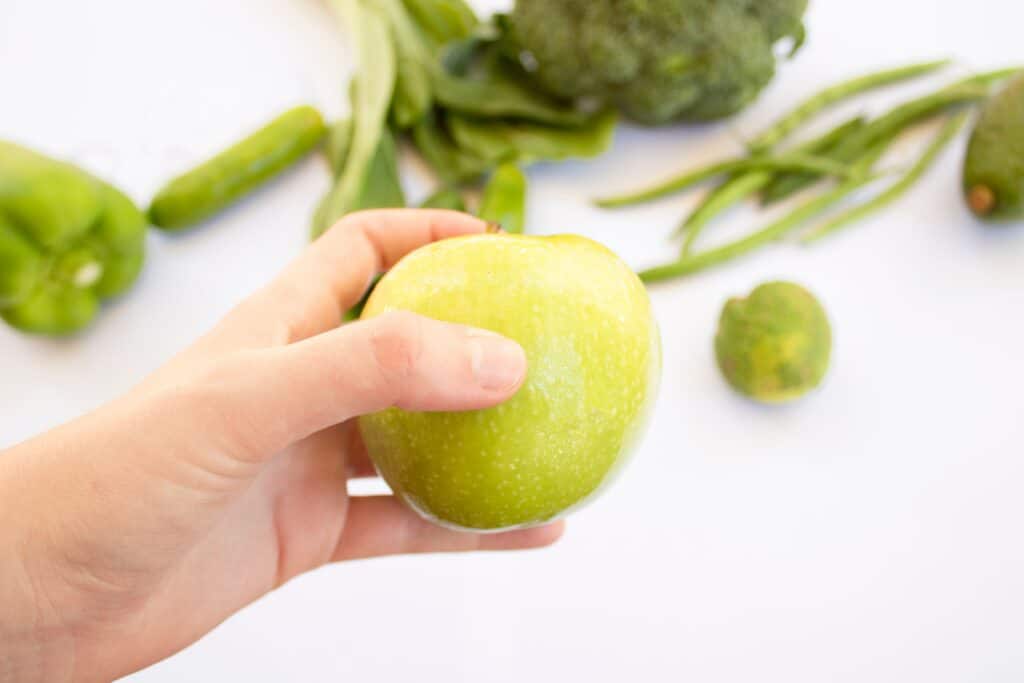
Conclusion:
Eating a diet rich in hydroponically grown foods is beneficial for several different reasons.
For starters, these foods are often more nutrient-rich than their traditionally grown counterparts. They also tend to be higher in antioxidants and other beneficial plant compounds, which can protect against certain diseases and improve overall health.
The bottom line is that hydroponically grown foods are a safe and healthy choice and can provide many benefits for your health and well-being. So the next time you’re at the grocery store or in your own garden, consider adding some hydroponically grown foods to your diet!
Hydroponic plants are grown using nutrient-rich water instead of soil. This means that they are not exposed to the chemicals and pollutants found in conventionally grown soil, making them less likely to contain harmful contaminants. Additionally, hydroponic systems use advanced technology and techniques to monitor plant growth and maintain optimal conditions for healthy growth.
Hydroponically grown food is safe to eat because it is grown in a controlled, clean environment free of pollutants and chemicals that can be present in conventionally grown soil. In addition, hydroponic plants are typically carefully monitored and treated with nutrient-rich water to ensure optimal growth.
Yes, hydroponically grown fruits and vegetables such as lettuce, tomatoes, and strawberries, taste just as good as their traditionally grown counterparts. There is some debate about whether the flavor of hydroponically grown produce is different, but many people believe that this is due to differences in growing conditions and techniques rather than any inherent difference in the quality or taste of the produce itself.
